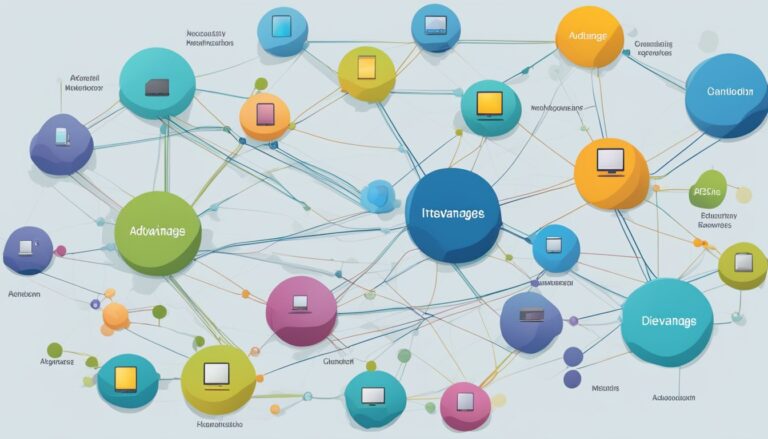
High Risk Driver Insurance Options: Comprehensive Coverage Solutions
A high-risk driver faces increased insurance premiums due to factors like traffic violations, age, location, and credit score, affecting coverage and financial responsibilities.

A high-risk driver faces increased insurance premiums due to factors like traffic violations, age, location, and credit score, affecting coverage and financial responsibilities.

A per occurrence limit in liability insurance denotes the maximum payout for a single claim, essential for managing business risks and protecting against financial loss.

Car insurance premiums are influenced by factors such as driving history, vehicle type, location, credit score, and coverage options, impacting overall costs and savings potential.

Cheaper insurance options can be achieved by comparing quotes, increasing deductibles, bundling policies, maintaining a good credit score, and seeking discounts for safe driving and home security.

A grace period in insurance allows policyholders extra time to pay premiums without losing coverage, aiding financial management and preventing penalties during unexpected hardships.

Liability insurance safeguards businesses against legal claims, covering costs related to injuries, property damage, and legal fees, ensuring financial stability and risk management.

Preferred providers are healthcare professionals or facilities contracted with insurers to offer discounted rates, resulting in lower out-of-pocket costs for patients who use their services.

Additional insured refers to individuals or entities added to an insurance policy, extending coverage and protecting them from liabilities arising from the primary insured's actions.

Life insurance for seniors over 60 offers financial security through various options, ensuring peace of mind and protection for loved ones during later years.

Understanding network fundamentals involves various types, topologies, protocols, and performance metrics essential for effective data exchange, resource sharing, and security in communication systems.